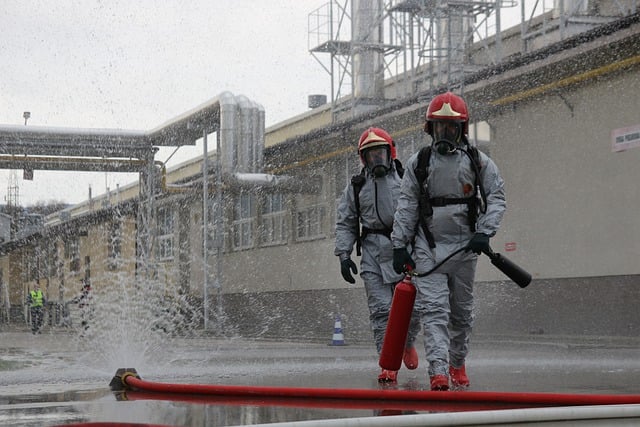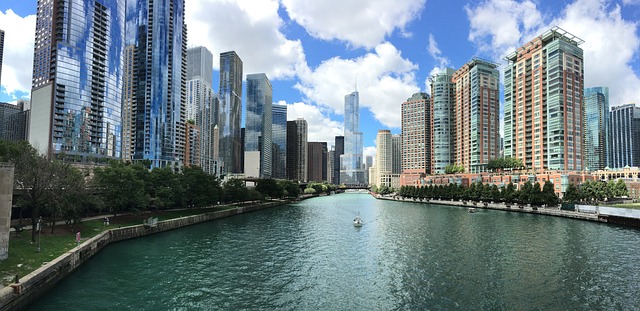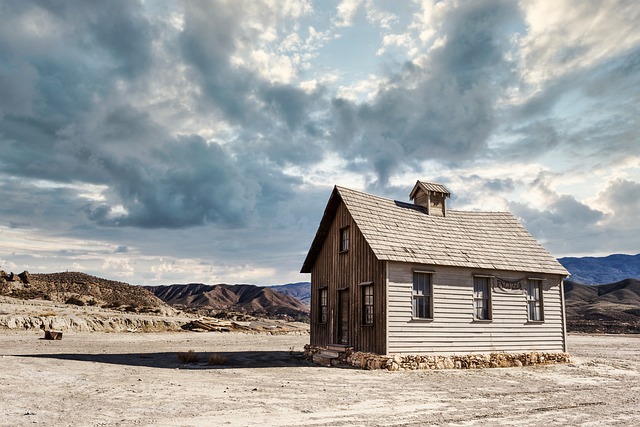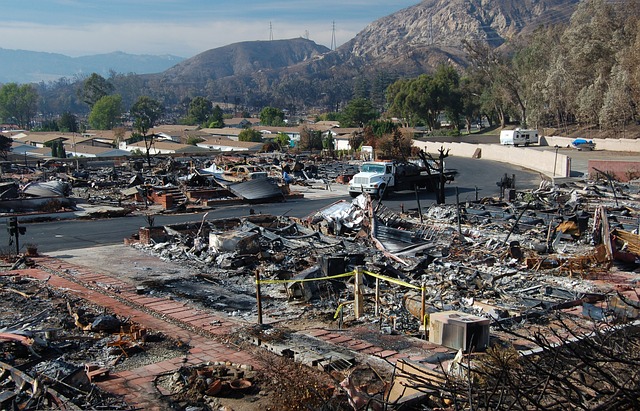Selling a fire-damaged house in Chicago requires adhering to stringent regulations designed to ensure public safety and fairness throughout the sales process. Buyers must conduct thorough inspections, comply with local building codes and obtain necessary permits for any renovations or demolition work. Consulting real estate professionals and legal experts specializing in selling fire-damaged properties is recommended to navigate complex guidelines and avoid delays, fines, or legal issues, making the transaction smooth and compliant with Chicago's specific rules for these sales.
“Chicago’s housing regulations play a pivotal role in shaping the city’s real estate landscape, especially when dealing with fire-damaged properties. This comprehensive guide navigates the complex legal considerations surrounding the sale of such homes, offering an in-depth overview for both homeowners and interested buyers. From understanding local repair and reconstruction processes to exploring available resources, this article ensures you’re informed every step of the way. Learn how Chicago’s housing regulations impact the selling of fire-damaged houses and gain valuable insights into a smooth transition.”
- Understanding Chicago's Housing Regulations: An Overview
- Selling a Fire-Damaged Property in Chicago: Legal Considerations
- The Process of Reparation and Reconstruction: What You Need to Know
- Resources and Support for Homeowners in Chicago: Where to Find Help
Understanding Chicago's Housing Regulations: An Overview
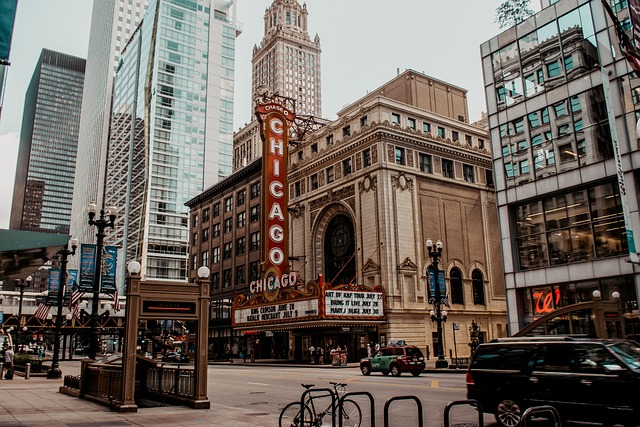
Chicago, a vibrant city known for its architecture and diverse neighborhoods, has established comprehensive housing regulations to ensure fair practices and safety standards. These regulations are particularly crucial when considering selling fire-damaged properties, as they dictate the process from disclosure to reconstruction. Homeowners or prospective buyers should understand these guidelines to navigate the market effectively.
When it comes to selling a fire-damaged house in Chicago, transparency is key. The city’s regulations mandate that any structural damage, including fires, must be disclosed during the sales process. This includes providing detailed reports on the extent of the damage and potential safety hazards. For instance, buyers should receive information about the cause and impact of the fire, along with an assessment of necessary repairs. Such disclosures ensure that both parties are well-informed, allowing for informed decision-making.
Selling a Fire-Damaged Property in Chicago: Legal Considerations

Selling a fire-damaged property in Chicago involves navigating complex legal considerations, especially if the damage is significant. The city’s strict building codes and regulations are designed to ensure public safety but can create challenges for homeowners looking to sell. Before putting a fire-damaged property on the market, it’s crucial to understand that buyers will likely undergo thorough inspections to assess the extent of the damage and the structural integrity of the building.
In Chicago, selling a fire-damaged house requires compliance with local ordinances, including repairs or demolitions as mandated by the Building Department. Homeowners must obtain permits for any renovation or reconstruction work. Failure to adhere to these regulations can result in delays, fines, or even legal issues. It’s recommended to consult with real estate professionals and legal experts who specialize in such matters to ensure a smooth sale process and avoid potential pitfalls associated with selling fire-damaged property in Chicago.
The Process of Reparation and Reconstruction: What You Need to Know

When a Chicago property is damaged, whether by fire or other disasters, the process of repair and reconstruction can seem daunting. Homeowners often wonder where to begin, especially when dealing with complex regulations around housing in the city. Selling a fire-damaged house in Chicago involves more than just fixing the structure; it requires understanding local guidelines for rebuilding and adhering to safety standards.
Before embarking on the journey of repairing and selling your property, it’s crucial to consult experts and familiarize yourself with the regulations surrounding fire-damaged homes in Chicago. This may include permits for reconstruction, specific building codes, and potential financial incentives or grants available to homeowners for repairs, particularly if your house is deemed a historical landmark or falls under certain protection guidelines. Navigating these aspects ensures that the selling process of a fire-damaged home in Chicago is smooth and compliant with local laws.
Resources and Support for Homeowners in Chicago: Where to Find Help
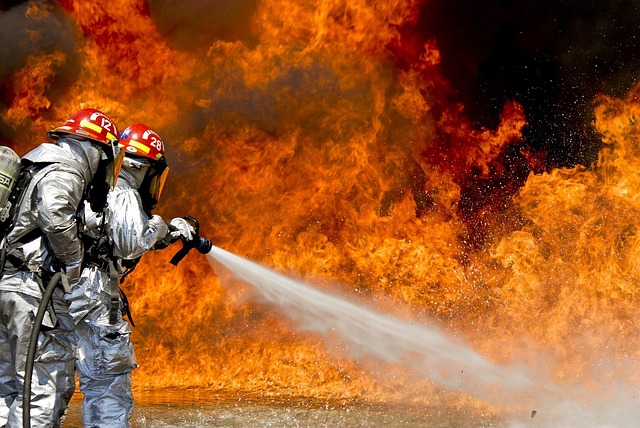
Chicago homeowners facing challenges, such as those looking to sell a fire-damaged house, can access a range of resources and support systems within the city. The Chicago Department of Buildings offers assistance programs tailored for property owners, including guidance on rehabilitation and renovation processes. These initiatives aim to help residents navigate the repairs required after a fire, ensuring their homes meet safety standards while enhancing their living conditions.
Additionally, local non-profit organizations and community centers play a vital role in providing support. They offer workshops, counseling sessions, and financial aid programs dedicated to assisting homeowners throughout Chicago. For those considering the sale of a fire-damaged property, these organizations can provide valuable insights, connect them with potential buyers, and offer resources to facilitate the process, making it easier for owners to transition to new living arrangements or invest in rebuilding efforts.
Chicago’s housing regulations, including specific considerations for selling a fire-damaged property, are designed to ensure safety and fairness. Understanding these regulations, as outlined in this article, is crucial for homeowners navigating the process of repairing, reconstructing, or selling their properties. If you’re looking to sell a fire-damaged house in Chicago, it’s essential to consult legal experts and leverage available resources to ensure compliance and a successful transaction.
